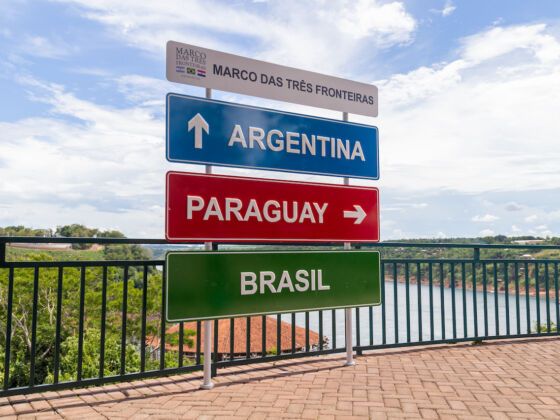I was at a protest in Columbus, Georgia, with my older sister, and we were trying to get back to our hotel. I got lost, turned left, and was suddenly in Alabama. I’d known Columbus sat right on the state border, but I hadn’t known this bridge was involved. I did a U-turn, and within three minutes we were back in the great state of Georgia.
“Well,” I said, “guess I can check Alabama off my list.”
